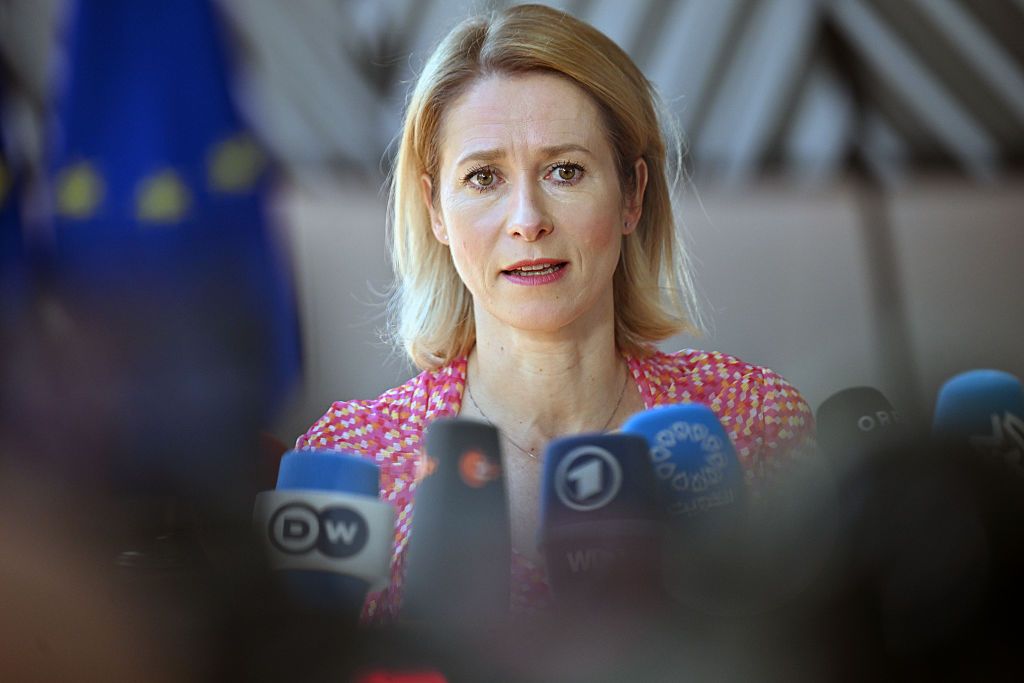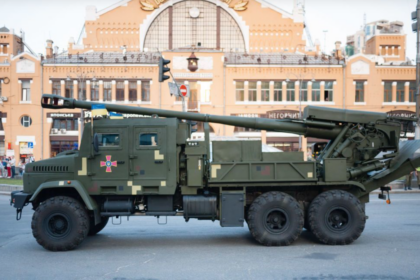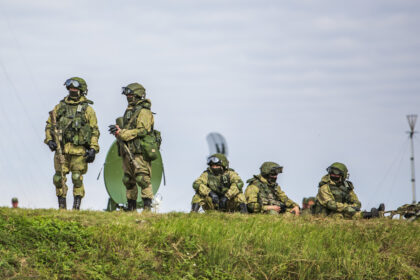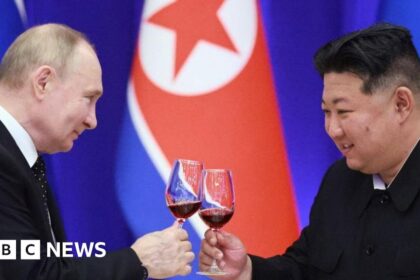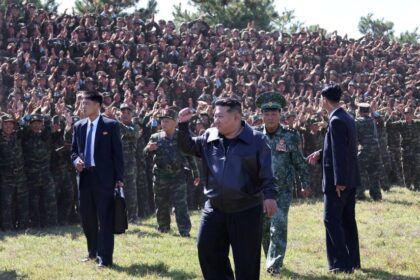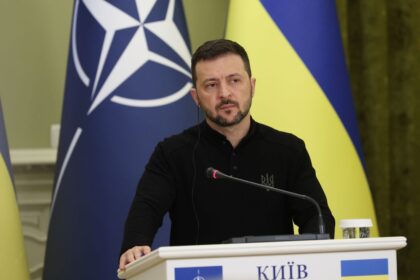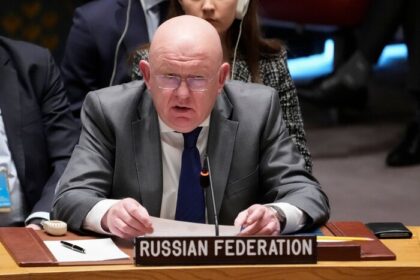**EU to Downsize Diplomatic Service, Prioritize Russia Sanctions Enforcement**
The European Union is undergoing a significant transformation in its diplomatic service, as it prepares to downsize and redirect funds toward strategic interests such as enforcing sanctions against Russia. According to a document reviewed by POLITICO and confirmed by two officials familiar with the matter, the EU is scaling back operations at 10 foreign delegations and laying off around 100 local staff.
This move comes as part of broader budget reductions and restructuring efforts, aimed at aligning the EU’s diplomatic service with its shifting priorities. As one official noted, delegations in countries linked to Russia’s “shadow fleet” could see staff increases, while those in countries where the EU no longer sees a strong need for a large diplomatic presence will likely be targeted by budget reductions.
**A Shift Toward Strategic Goals**
The EU is shifting its focus away from development aid toward strategic goals like enforcing sanctions and building defense partnerships. This shift is reflected in the proposed changes to the European External Action Service (EEAS), which has carried out the EU’s foreign policy for over a decade. Established in 2011, the EEAS has primarily focused on development aid and economic cooperation.
However, with the proposal presented by Kaja Kallas, the EU’s High Representative for Foreign Affairs and Security Policy, the focus is now on strategic interests such as defense partnerships and closer cooperation with governments involved in enforcing EU sanctions against Russia. This move reflects a growing concern within the EU about the need to take a stronger stance against Russian aggression.
**What This Means for the Future**
The proposed changes signal that the EU is taking a more proactive approach to its foreign policy, prioritizing strategic interests over development aid. While this may have significant implications for countries like Belarus and Lesotho, it also reflects a growing recognition of the need for the EU to take a stronger stance against global challenges.
In the context of Russia’s ongoing conflict with Ukraine and the West’s efforts to impose sanctions, this shift in priorities is particularly noteworthy. As the EU continues to evolve its diplomatic service, one thing is clear: the priorities of European foreign policy are changing, and the world should take notice.
Read More @ kyivindependent.com




